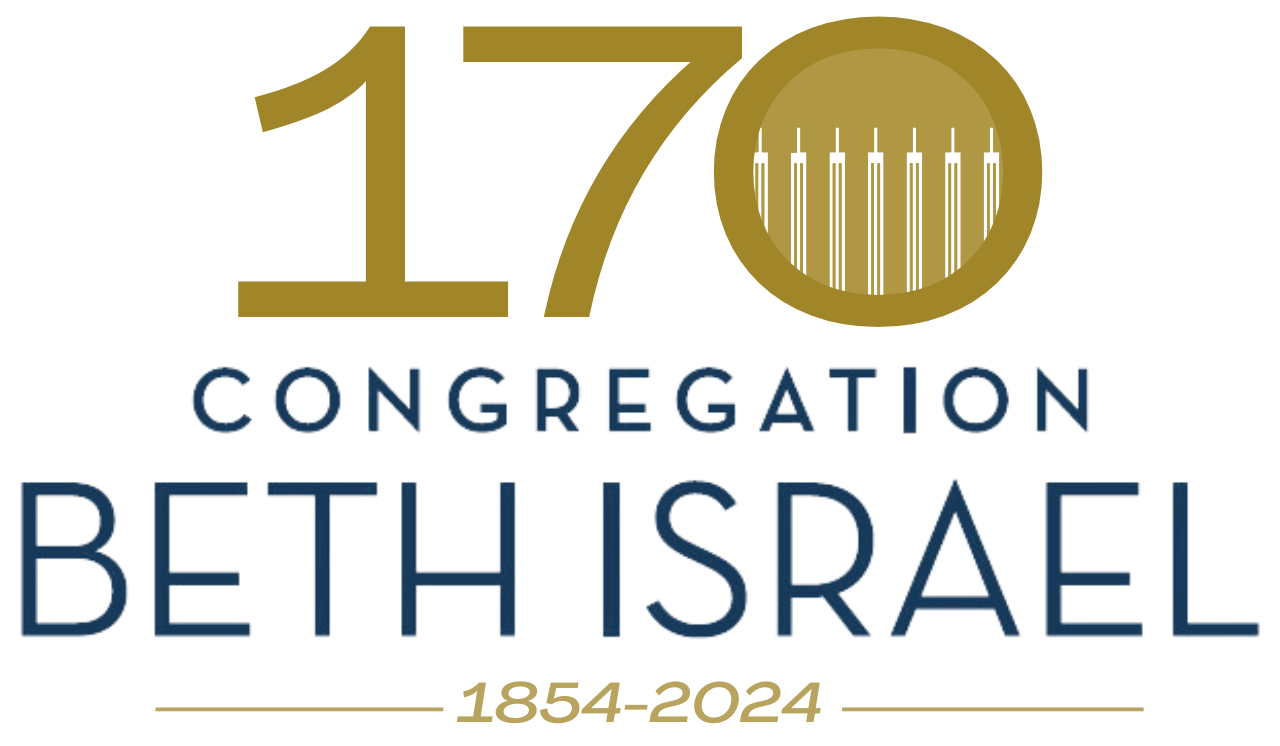Bring Them All Home
Bring Them All Home
From the desk of Rabbi David Lyon
This week’s Torah portion is “Yitro,” or Jethro. This is the portion that includes the Ten Commandments in Exodus 20; but in Exodus 18, Jethro, Moses’s father-in-law, a Midianite, offers Moses some sage and timeless advice. He saw his son-in-law sitting while all the people stood in line waiting to bring their issues before him for judgement. From morning until evening, it seemed endless, as personal and communal issues can be.
Jethro identified two problems, among others, that needed to be sorted out immediately. First, the whole process was wearing out Moses, which was to the detriment of the community. And second, Moses sat while the people stood (“amad”), waiting for him. It was unseemly. A good leader understands all the needs of his people, not just the causes they bring for him to consider.
Jethro advised Moses to establish what was likely the first recorded history of a committee structure. With able-bodied and knowledgeable people to handle minor matters, Moses could address the weightier matters. The result was, as Jethro explained, “You [Moses] will be able to bear up; and all these people too will go home unwearied.”
The English translation doesn’t reveal what should also be understood about these verses. That Moses should “bear up” is a translation of the Hebrew word, “amad,” which means “to stand.” It’s a clever use of the Hebrew word, “amad,” because it creates parity between Moses and the people who, at first, stood before him. That Moses and the people are now standing is a signal that they are all able to “go home unwearied,” in Hebrew, “al m’komo yavo b’shalom.”
These words, “al m’komo yavo b’shalom,” are the same words we say at the graveside when the casket is lowered into the earthly grave, “May he/she come to his/her (eternal) place (home) in peace.” In our Torah portion, these words refer to the privilege of returning to one’s place or home with settled matters, contentment, and wholeness, i.e., peace. At the graveside, it’s an allusion to the same peace, but now for all eternity. It’s also the reason why “L’shalom,” “towards” or “for peace,” is used as a closing word in a letter, today, but not “B’shalom,” which is related to one’s eternal peace.
These few verses also help us address current confounding and intransigent matters in Israel. What is patently clear is that the matters of the hostages in Gaza, held by Hamas terrorists, are causing many Israelis and Jews around the world to stand impatiently and increasingly painfully before presidents and prime ministers who sit and contemplate their next moves. The sight of it remains as unseemly today as it did when Jethro observed it before Moses. The answer lies in deputizing the best and most able persons to adjudicate the smaller matters so that the heads of state can focus without equivocation on the greatest matter at hand, which is the release of all the hostages, posthaste.
The sight of the return of hostages, paraded on stage by Hamas terrorists, like a show that we must endure and suffer, is anathema to humanitarian law and decency among civilized people. But the sight of three hostages who came home in recent days, not from Auschwitz, but from Gaza tunnels where they were beaten, starved, and left for death, should be all anyone needs to know about Hamas, the Red Cross, and other complicit groups that have done nothing for the hostages. The hostages were not caught in the crossfire of war like some suffering Gazans after October 7th; the hostages were prizes, booty, and martyrs on October 7th for an uncivilized cause that has wrought destruction on civilians in Gaza, the region, and across the world, where unfounded fame has accompanied Hamas.
The time has come for Prime Minister Netanyahu and President Trump to stand up (“ta’amdu!”) so that our people may go home unwearied, “Al m’komo yavo b’shalom.”
L’Shalom,
![]()
